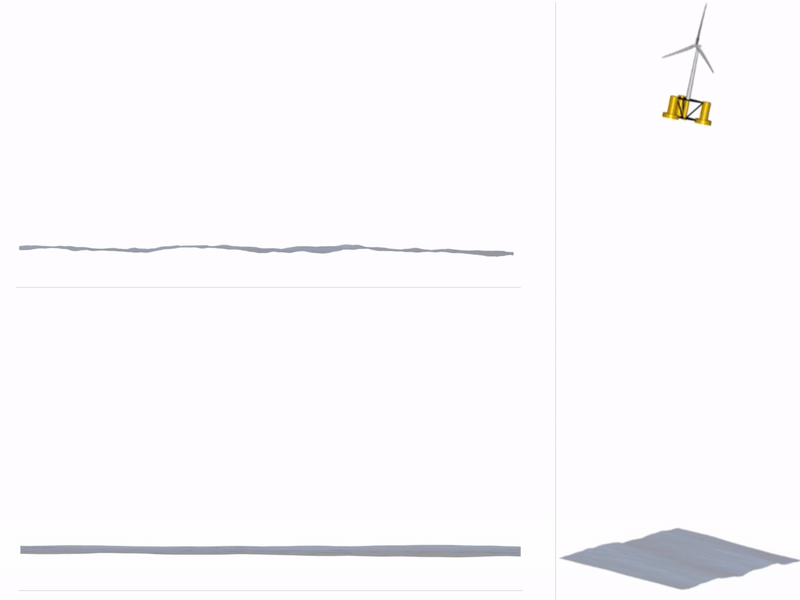Forum
Important Notice for New User Registrations
To combat an increasing number of spam and bot registrations, we now manually approve all new user registrations. While this may cause a delay until your account is approved, this step is essential to ensure the quality and security of this forum.
To help us verify your registration as legitimate, please use a clear name as user name or an official email address (such as a work, university, or similar address). If you’re concerned that we may not recognize your registration as non-spam, feel free to email us at with a request to approve your username.
Interpolation of lift and drag coefficients
Quote from robytian on 17. October 2024, 09:33Hi david , I still have some questions for you.
- If I choose a setup like Figure 1, doesn’t that mean there are 19 elements of blade, 18 control points, and the control points are located at the midpoint position of each blade element. Like figure.2 .
- As shown in Figure 3, if the angle of attack calculated for control point 4 is 25.2 degrees. Does that mean I need to interpolate the airfoil in Cylinder2 to get the coefficient of 25.2 degrees, then interpolate the corresponding coefficients in DU40 and assign them equally to control point 4.
But every time I get values from linear interpolation that are different from what qblade calculates, these are concentrated in airfoils 2-7, while airfoils 1 and 8 correspond to foliations that match. like figure4 . I don’t know why.
Thanks a lot!
BR,
Roby
Hi david , I still have some questions for you.
- If I choose a setup like Figure 1, doesn’t that mean there are 19 elements of blade, 18 control points, and the control points are located at the midpoint position of each blade element. Like figure.2 .
- As shown in Figure 3, if the angle of attack calculated for control point 4 is 25.2 degrees. Does that mean I need to interpolate the airfoil in Cylinder2 to get the coefficient of 25.2 degrees, then interpolate the corresponding coefficients in DU40 and assign them equally to control point 4.
But every time I get values from linear interpolation that are different from what qblade calculates, these are concentrated in airfoils 2-7, while airfoils 1 and 8 correspond to foliations that match. like figure4 . I don’t know why.
Thanks a lot!
BR,
Roby
Uploaded files:
- You need to login to have access to uploads.
Quote from David on 17. October 2024, 13:10Hello Roby,
the interpolation of lift, drag, and other polar data is not performed directly on the aerodynamic panels themselves but rather on the blade object as a whole.
Each panel stores its relative position along the blade and, together with the current angle of attack at the panel, uses this information to interpolate linearly between the polars defined at the blade stations within the blade object.
BR,
David
Hello Roby,
the interpolation of lift, drag, and other polar data is not performed directly on the aerodynamic panels themselves but rather on the blade object as a whole.
Each panel stores its relative position along the blade and, together with the current angle of attack at the panel, uses this information to interpolate linearly between the polars defined at the blade stations within the blade object.
BR,
David


